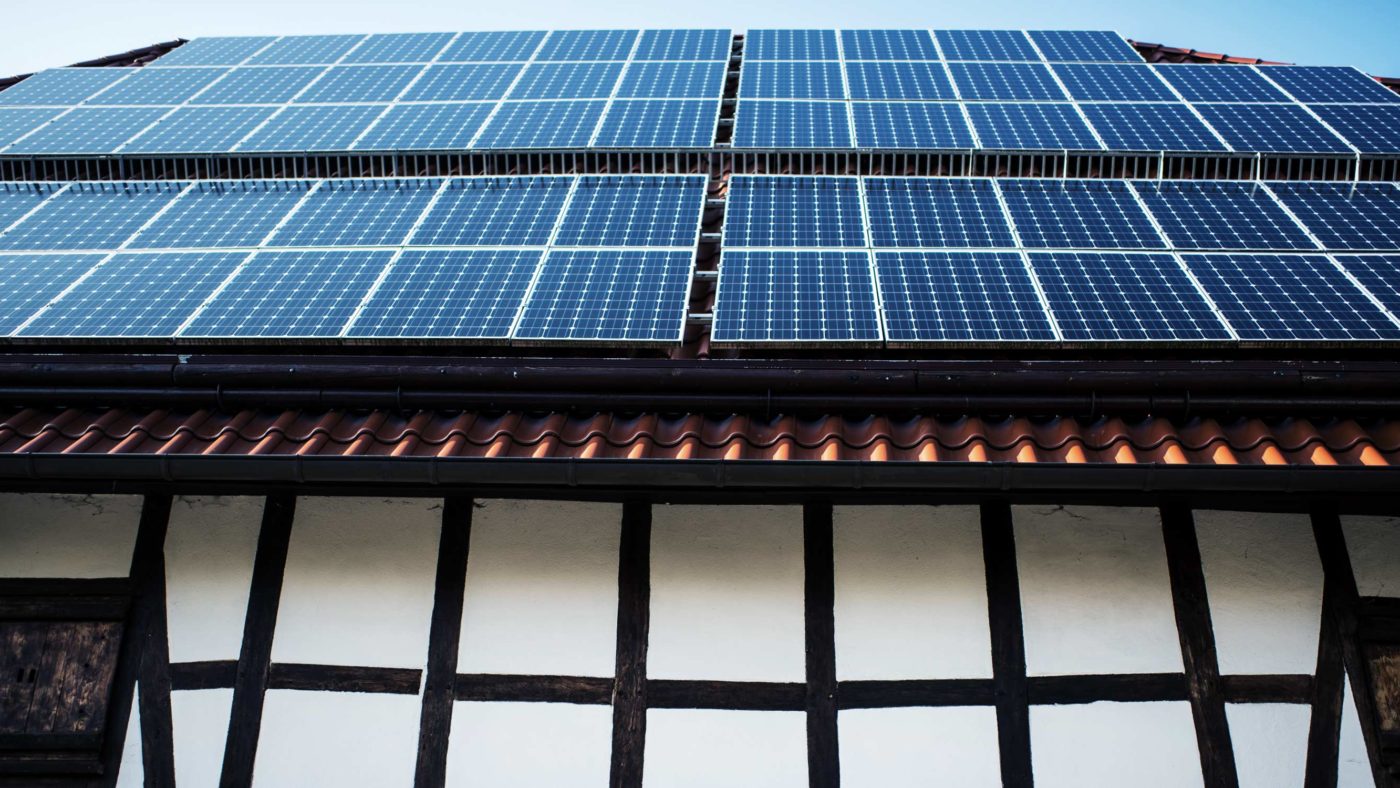Like a murder of crows encircling roadkill, government subsidies are always going to attract some fairly disreputable attention. Businesses big and small, and individuals rich or wannabe rich, will flock to even the hint of a free lunch. It’s just easier than making an honest living.
Solar feed-in-tariffs are a case in point. In just one of the absurd and damaging steps taken to combat global warming, Gordon Brown’s government decided, in its dying years, to encourage householders to install solar panels on their roofs. With the economics of solar panels wildly against such a move, the only way to make it happen was to offer absurd prices for the power generated. It worked, and in the space of a few years a new industry came into being, but one only sustained by government diktat. What’s more, it represented a huge bung to the middle and upper classes, since only the comparatively wealthy could afford to pay for a photovoltaic system.
Worse still, there was never even the slightest chance that rooftop solar would ever make a meaningful difference to the UK’s carbon dioxide emissions. As the late David Mackay pointed out in his widely respected book Renewable Energy Without the Hot Air, there are simply not enough south-facing rooftops or enough light in our northerly climes for rooftop solar to ever be anything more than an empty gesture. From the start, the whole industry represented an embarrassing exercise in virtue signalling.
Eventually, a semblance of sanity was restored when the parlous state of the public finances forced a reverse, and the resulting 2015 reduction in tariff levels led to a dramatic fall in installations. However, there are still a lot of rooftop solar installations around, and with those who signed up before 2015 still receiving the absurd original tariff level, there are a lot of middle-class homeowners with solar money burning holes in their pockets. The crows have noticed, and are gathering again.
The rooftop solar field is currently being circled – perhaps somewhat surprisingly — by the big motor manufacturers. The auto industry — benefiting from another stream of government subsidies — has been working away at another uneconomic technology, namely electric vehicles. Along the way, they have developed considerable expertise in cutting-edge battery technology, and they are now realising that there is a potentially valuable cross-selling opportunity. They just need to convince homeowners that a battery store alongside their solar panels would make their homes even “greener” and thus more worthy of mention at suburban dinner parties.
At the front of the queue of businesses looking to enter the field is Elon Musk’s Tesla. It is perhaps not surprising that a business built on government subsidy would be the first to spot another state teat to which it could attach itself. However, BMW and other more commercial household names are also said to be watching the market closely.
Once again, though, it is the economics that are problematic, and homeowners should beware. The costs and benefits of installing a battery store alongside a rooftop solar system do not stack up. Although government policies have pushed the typical electricity bill up to £500 per year, a battery can still only save a fraction of that amount.
Meanwhile, large battery stores do not come cheap and, moreover, they wear out too quickly. Once you start weighing up the costs and benefits, the picture looks bleak. In fact, battery costs would have to fall by half just to break even over their lifetimes. They would have to fall even further to provide any sort of a return.
Still, the cynic in me wonders whether Whitehall’s green blob will not see this apparently knotty problem as being relatively straightforward to solve. It simply requires a new stream of subsidies. Worse still, government ministers, in their present mood, are probably quite happy to go along with the idea.


